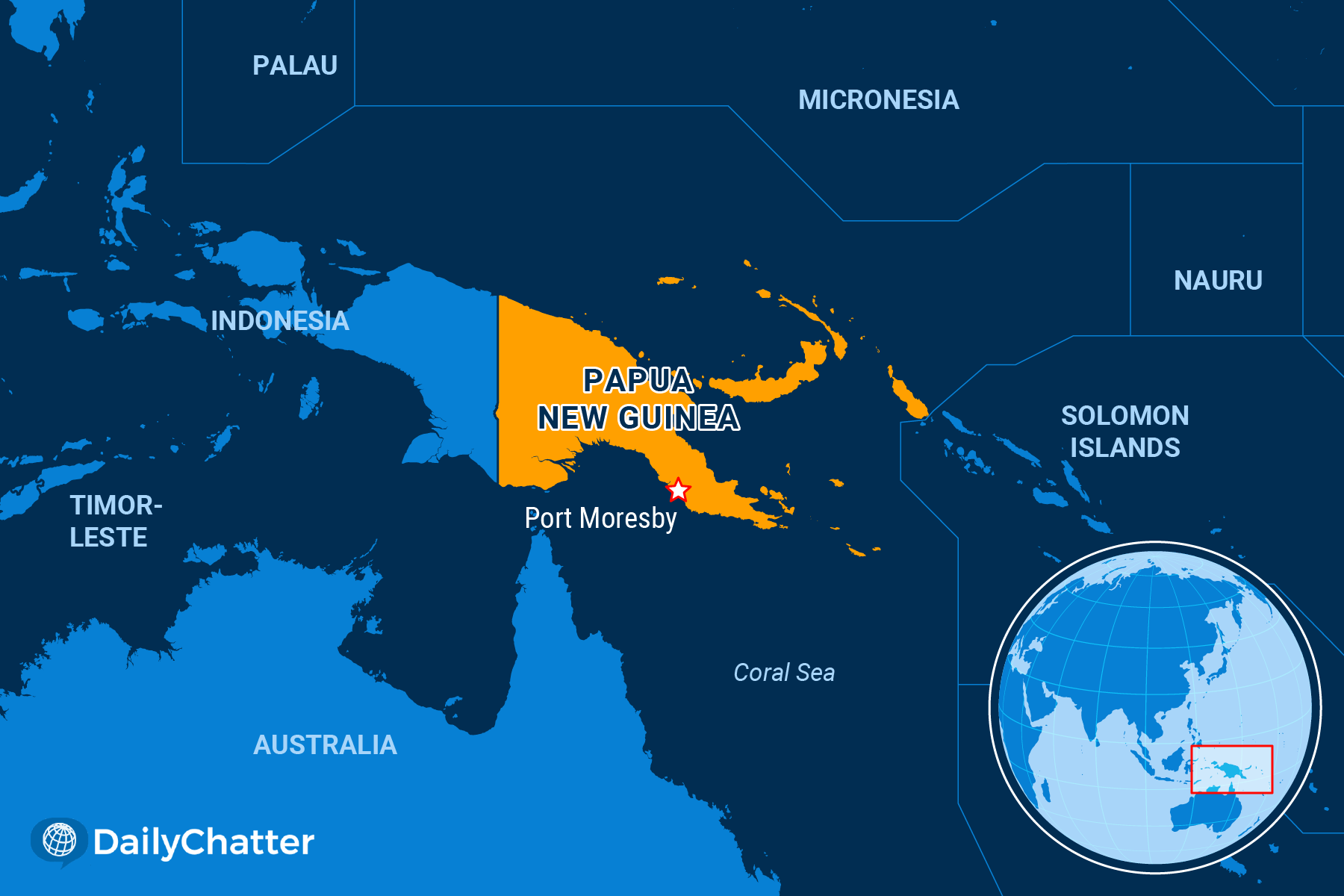NEED TO KNOW
Crimes, Public and Domestic
PAPUA NEW GUINEA

Police in Papua New Guinea recently detained the son of the country’s prime minister and some construction company executives as they were traveling to a province where parliamentary elections were about to start. The executives were carrying around $440,000 in cash in a suitcase. All were later released without being charged.
Authorities appear to have suspected the men of intending to use the cash to pay off voters. The executives denied those allegations. Meanwhile, Prime Minister James Marape denied that the money was connected to his son.
“He was not part of the team that was carrying the money,” Marape told the Guardian. “It was a complete isolated matter from another person who was transporting the money who happened to be director of the company. Nothing to do with me. My son had no input in the transportation of the money. He was in the vicinity.”
The incident highlighted the tensions surrounding elections in the southwestern Pacific nation. As the Associated Press explained, bribery, fraud and violence, are common in the country’s elections. In the ballot being held this year from July 4 to July 22, Marape is facing his predecessor, Peter O’Neill, whose government fell in 2019.
Meanwhile, importantly, women might return to parliament after an absence of five years. Only seven women have served as parliamentarians since the country’s independence from Britain in 1975. That political history coincides with the high rates of domestic violence.
More than two-thirds of women in Papua New Guinea have experienced physical, sexual or emotional violence from their spouses, reported the SBS, an Australian state-supported news service. Seventy percent of men and women believed men could justifiably beat their wives for burning food, arguing or similar supposed transgressions.
Women are understandably happy to have a good chance of increasing their numbers in the country’s legislature. Among the almost 3,500 candidates running for office, 142 are women. “A lot of us really feel like we stand a great chance,” parliamentary candidate Sylvia Pascoe said in an interview with Agence France-Presse. “Not just because the timing is right but because we’ve spent our lives building up to this moment.”
Many female candidates are running on platforms that promise to clean up government and invest in infrastructure, noting that healthcare and education are crumbling in the country alongside its dilapidated roads and bridges, Radio New Zealand wrote.
There’s nothing wrong with cleaning house and focusing on domestic concerns sometimes.
To read the full edition and support independent journalism, join our community of informed readers and subscribe today!
